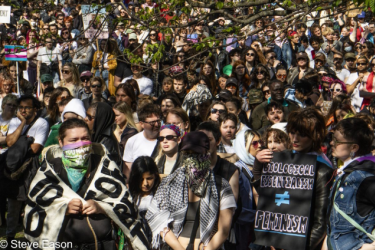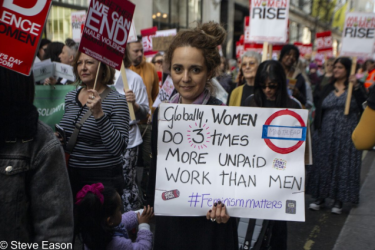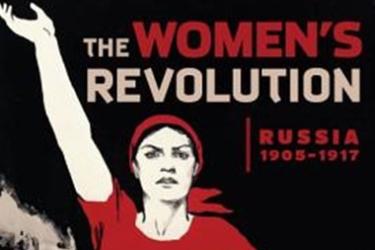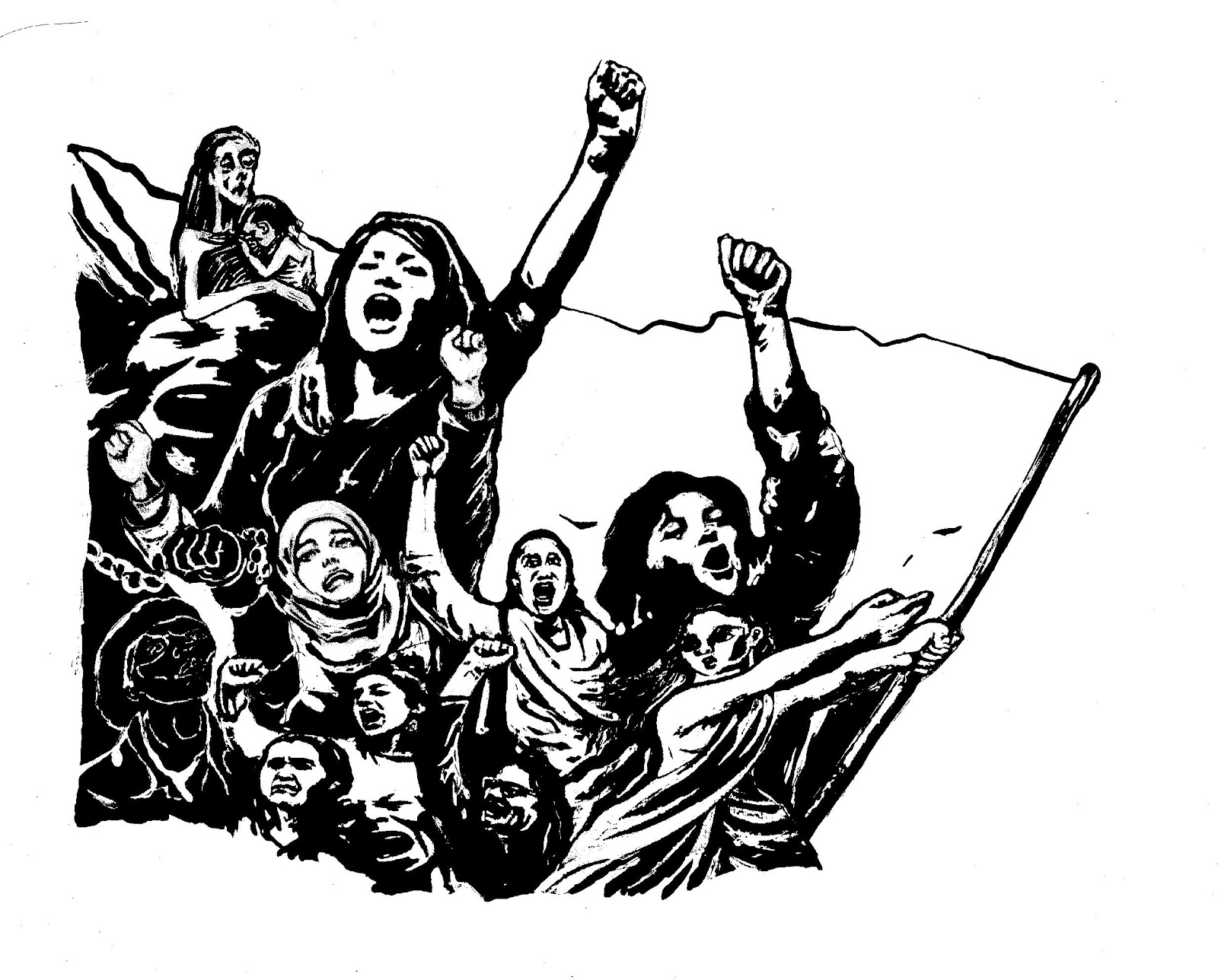women's liberation

The British Supreme Court decision on gender and sex: When law becomes the means of oppression
DK Renton unpicks the legal background to the Supreme Court decision and argues for a strategy of mass action to turn back the tide of right wing authoritarianism.

Valuing care work: A conversation with Alyssa Battistoni
Alyssa Battistoni discusses social reproduction theory and the Wages for Housework campaign to develop a new theory of the value of what is often called reproductive labour and the role of gender in the sector.

Another story of the Russian Revolution: Reading Judy Cox’s 'The Women's Revolution'
Seiya Morita — Judy Cox's 'The Women's Revolution' deftly reveals how important a role women revolutionaries, women Bolsheviks and women workers played in the Russian Revolution, its preparatory process, and in the civil war that followed.
The dawn of our liberation: The early days of the International Communist Women’s Movement

‘If women’s liberation is
When feminism sets the political agenda

Abandoned by the state: How the police fail survivors of sexual assault

Striking for ourselves on International Women's Day

By Liz Mason-Deese
#czarnyprotest: The Black Protest for abortion rights in Poland

By Katarzyna Bielińska-Kowalewska




